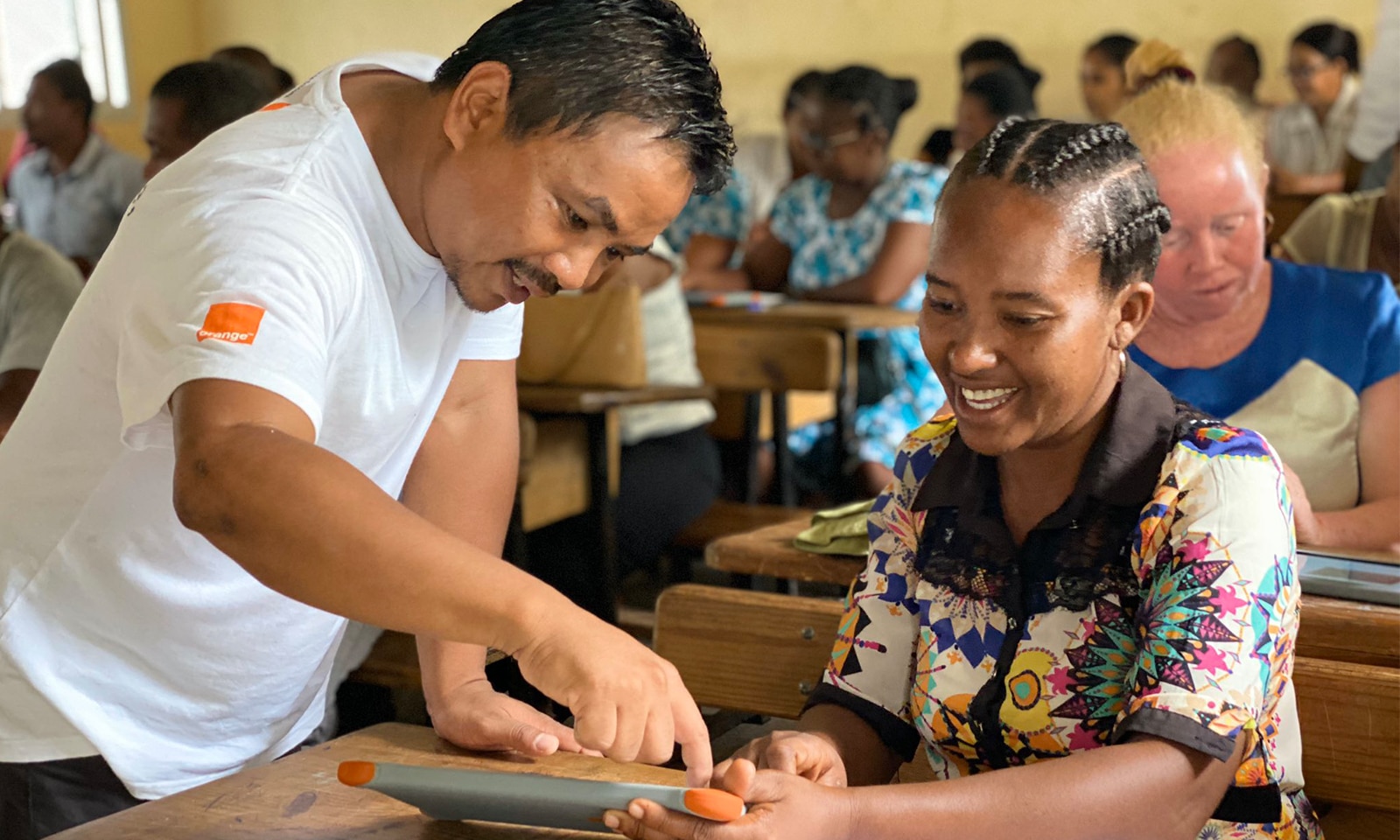With an ailing economy shaken by the covid-19 pandemic, Madagascar is negotiating an Extended Fund Facility with the IMF. The objective is to continue the reforms begun several years ago, while accelerating social investments.
The Malagasy government has just obtained an agreement in principle with the staff of the International Monetary Fund (IMF) for the implementation of a new financial aid of up to 320 million dollars. This was announced by the institution in a communiqué published on Friday 12 February 2021.
According to the IMF, this will be a new extended credit facility (ECF) agreement which aims to support the government’s economic reforms. The objective is to support the post-Covid-19 economic recovery, increase and sustain inclusive growth and reduce poverty, based on the government’s priorities as set out in the Plan Emergence Madagascar (PEM).
In 2020, Madagascar’s GDP contracted by more than 4% due to the interruption of tourism and the decline in exports, particularly in the mining and textile sectors, and the weakness of domestic demand.
“In this context, in addition to continuing to mitigate the social and economic consequences of the pandemic, the new programme aims to restore fiscal space for much-needed social spending and investment; advance the structural reform agenda, including strengthening the monetary framework and financial supervision; and improve governance,” the Fund says. It added: “IMF financial support is also expected to help stimulate private sector investment and catalyse financial support from development partners.
As a reminder, the country had already obtained an IMF FEC agreement in 2016, for an amount of $304 million, reinforced in 2020 by a rapid credit facility to support the response to covid-19. While significant progress has been made, the Fund believes that further reforms are needed to reduce the country’s exposure to climate shocks and fiscal risks.
To do this, it calls on the government to strengthen the strategy for mobilising domestic revenue, which fell sharply last year, taking the budget balance from a surplus in 2019 to a deficit in 2020 (-3%).
“Improving governance, with effective enforcement of the anti-corruption legal framework, by ensuring that adequate human and financial resources are allocated to anti-corruption institutions, will be key to improving the business climate and attracting private investment,” he also added.
It should be noted that the new agreement must be approved by the IMF’s executive board before it is finally validated.



